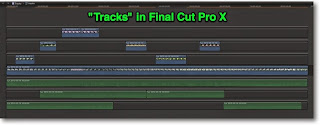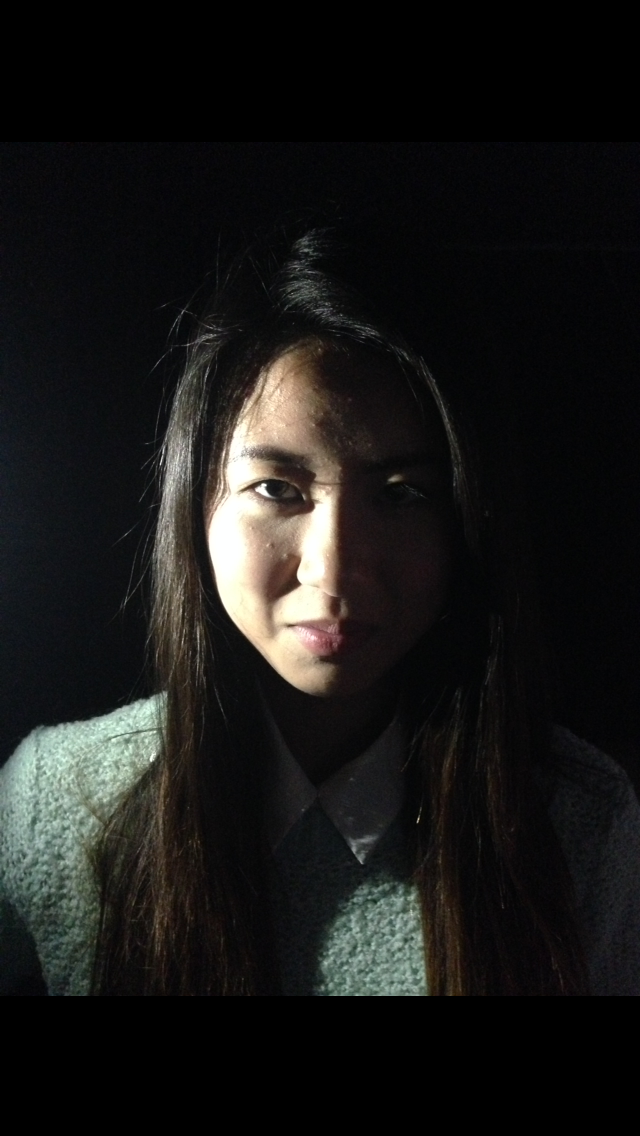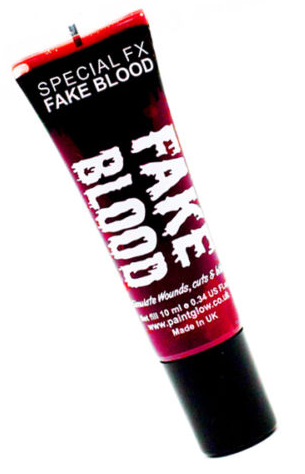
Location Scouting
Location is a very important part of our filming, and we need to choose the best possible one.
A cemetery is a good setting for a horror movie, but there might be a lot of background noise of traffic from the main road.
A creepy secluded car park in Woolwich is another suggestion.
Children's playgrounds are often used in horror films, for example Nightmare on Elm Street.
An old public bathroom would be quite a good place to film without having too many disturbances.
Diegetic and non diegetic sound in horror films
Diegetic sound is any sound created from a source within the world of the film. Non diegetic sound is sound that comes from outside the story.
Non diegetic sounds used in horror movies can be very effective as it can create a very eerie and suspenseful atmosphere for the audience, and diegetic sounds make scenes in the film more realistic.
This is the opening to Jaws, a very famous horror/thriller movie with an iconic soundtrack. Diegetic sound is used when there is a party. The sound of people chatting, a crackling fire, music and singing are example of this, and these certain sounds create a very relaxed, calm atmosphere, which contrasts with the horror of this opening scene, thus making it more shocking and horrific for the audience. The non diegetic soundtrack used throughout the film is used to signify when the shark is approaching. This builds suspense and indicates that danger is coming, striking feelings of fear and alarm.
Here is another iconic horror film scene- the shower scene from Psycho. This has a very different take compared to the opening of Jaws, as there is no non-diegetic music at the start, Instead, there are only the diegetic sounds of the shower curtain being pulled and the water flowing into the bath, making the scene seem very realistic, which is effective as the more realistic it is, the more scared the audience feels. Rather than having dark non diegetic music build up suspense as the killer's silhouette appears behind the curtain, there is only silence (along with the sound of water) until the curtain is pulled and the killer attacks the victim. This is where the non diegetic sound comes in, high pitched, shrieking violins with sounds of the knife plunging into the victim's body. This approach is more likely going to make the audience jump and feel shocked and alarmed.
For our film opening, we liked the idea of slowly building up tension with the use of eerie non diegetic sound. We paired this with the diegetic sound of the victim breathing, to make the scene more realistic. A lot of sound effects were used to create a larger impact on the audience, for example when the blood drops on the ground, or just after the victim gets killed. Our intention was to create the feeling of shock and fear, and our use of sound definitely helped us to succeed.
Non diegetic sounds used in horror movies can be very effective as it can create a very eerie and suspenseful atmosphere for the audience, and diegetic sounds make scenes in the film more realistic.
For our film opening, we liked the idea of slowly building up tension with the use of eerie non diegetic sound. We paired this with the diegetic sound of the victim breathing, to make the scene more realistic. A lot of sound effects were used to create a larger impact on the audience, for example when the blood drops on the ground, or just after the victim gets killed. Our intention was to create the feeling of shock and fear, and our use of sound definitely helped us to succeed.
Feedback on Finished Film Opening
GET EVEN feedback
Good Aspects
"Really good concept and narrative"
"Photographs on wall were very effective"
"Great acting- I was really immersed in watching"
"Great use of sound for building suspense"
"Blood looked very realistic"
"Really liked POV shots and close up of blood"
"Off screen breathing, very effective"
"Genre very clear"
Criticism
"Typography could have been a little more imaginative, maybe bolder"
"Maybe try and strip the lighting so it has colder tones, blues or greens, and maybe a little darker, gives more suspense"
Good Aspects
"Really good concept and narrative"
"Photographs on wall were very effective"
"Great acting- I was really immersed in watching"
"Great use of sound for building suspense"
"Blood looked very realistic"
"Really liked POV shots and close up of blood"
"Off screen breathing, very effective"
"Genre very clear"
Criticism
"Typography could have been a little more imaginative, maybe bolder"
"Maybe try and strip the lighting so it has colder tones, blues or greens, and maybe a little darker, gives more suspense"
Meeting the audience's expectations
To ensure our horror movie opening would be enjoyed by the audience, we devised a survey, to ask their opinions on different aspects of the opening.
Therefore we decided to use parallel music. The majority of horror films use this type, as using contrapuntal risks the scare-factor, of a horror film.
A cut arm was the least popular so we left that out all together, but we used both a wound on the forehead and a slit throat, to make our opening gory.
Several people mentioned creepy photographs, as a key part of the mise en scene, so we made sure to include that. The location we chose was dark, dirty and cold- and we used a lot of blood, so we definitely met the audience's expectations here.
The clear winner for location was 'an isolated shed'- and this also happened to be quite an easy place to get access to. Ideas like a hospital, and a mental institute would be very effective, but almost impossible to find.
Similarly with the villain, the audience wanted a realistic horror opening- so 56% of them opted for an old fashioned murderer, rather than a creepy ghost girl, clown or doll.
Storyboard
Throughout the planning process, we changed our ideas frequently.
Our final hand drawn storyboard is this:
We also had a rough, original storyboard, from which this shot is taken:
Deconstruction of Saw opening
SAW opening scene
Deconstruction of Taken
Deconstruction of Taken
The opening scene starts off with some old family footage on a hand held camera and melancholic non-diegetic piano music. Towards the end, the camera starts to flash giving the seemingly happy scene, a sinister effect. Suddenly a straight cut shows the protagonist Bryan Mills waking up, suggesting the first scene was a dream. Perhaps he is nostalgic for the memories of his daughter as a little girl. When he turns on the single lamp, the lighting is low key and eerie. The non-diegetic melancholic piano music adds to this effect. When Bryan gets up the camera focuses on the photograph he was looking at- of his teenage daughter, suggesting she plays a major part in the storyline.
When he is in the shop, lots of over-the-shoulder camera angles are used to show the two men having a conversation. As he is wraps the present, close ups of his hands are used to show effort and precision. The music has stopped, to emphasise the focus being put in. Straight cuts are used between shots and the sound suddenly goes from silent to lots of diegetic background noise when Bryan arrives at the party. The party location is extravagant, with fountains and waiters. It is a picturesque setting with a classy white building surrounded by trees and flowers. When Bryan talks to Lenore, over-the-shoulder shots are used again, and diegetic party background noise can be heard.
When Bryan watches his daughter on her new horse, a long shot is used, with other people's heads in the foreground. This makes him feel as though he has been excluded from Kim's life. The sad emotions he is feeling are juxtaposed by the contrapuntal sound of everyone singing happy birthday.
The opening scene starts off with some old family footage on a hand held camera and melancholic non-diegetic piano music. Towards the end, the camera starts to flash giving the seemingly happy scene, a sinister effect. Suddenly a straight cut shows the protagonist Bryan Mills waking up, suggesting the first scene was a dream. Perhaps he is nostalgic for the memories of his daughter as a little girl. When he turns on the single lamp, the lighting is low key and eerie. The non-diegetic melancholic piano music adds to this effect. When Bryan gets up the camera focuses on the photograph he was looking at- of his teenage daughter, suggesting she plays a major part in the storyline.
When he is in the shop, lots of over-the-shoulder camera angles are used to show the two men having a conversation. As he is wraps the present, close ups of his hands are used to show effort and precision. The music has stopped, to emphasise the focus being put in. Straight cuts are used between shots and the sound suddenly goes from silent to lots of diegetic background noise when Bryan arrives at the party. The party location is extravagant, with fountains and waiters. It is a picturesque setting with a classy white building surrounded by trees and flowers. When Bryan talks to Lenore, over-the-shoulder shots are used again, and diegetic party background noise can be heard.
When Bryan watches his daughter on her new horse, a long shot is used, with other people's heads in the foreground. This makes him feel as though he has been excluded from Kim's life. The sad emotions he is feeling are juxtaposed by the contrapuntal sound of everyone singing happy birthday.
Lighting
Good quality and varied lighting is very important in any film, maybe more so, in horror.

Side Lighting, suggests evil- split personality, something to hide.
Bottom lighting, creepy and mysterious
Front lighting, interrogation, light being shone in eyes
Top lighting, suggests angelic
Back lighting, gives the object/ person an outline, they're blocking the light
Natural lighting, innocent, nothing to hide
Special FX
Before the Filming Days, we made sure to practise with the special fx makeup.
At first, we weren't sure what cuts and bruises we were going to need, so we experimented on hands.
However, at first we received negative feedback.
In the end, instead of a prominent head wound, we decided to simply drip blood from the victim's temple, to make sure it looked realistic:
Unlike the head wound, there was no way around the slit neck, so we used liquid latex, fake blood, and a variety of cosmetics such as eyeshadow and lipstick.
Once we had a fake layer of skin over Yasmin's throat, we slit it open, and added red makeup inside the flaps. The finishing touch was the blood.
Subscribe to:
Comments (Atom)













































